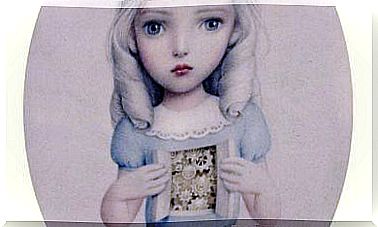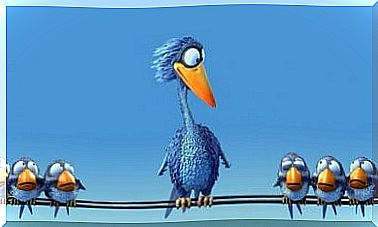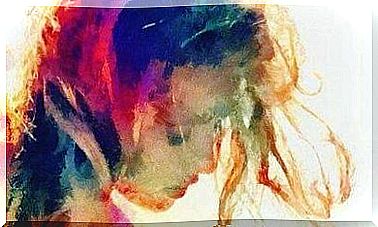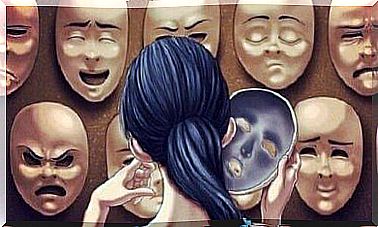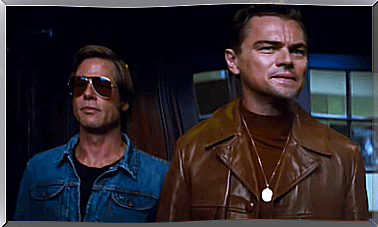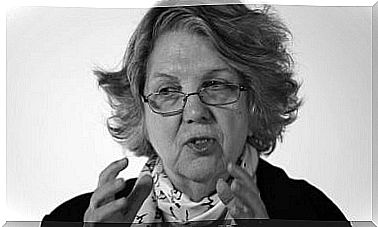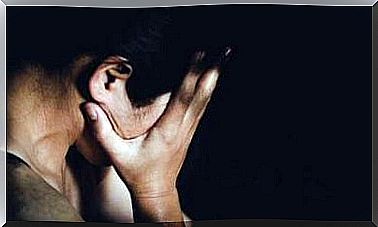We Don’t Lose Anyone Because We Don’t Own Anyone

Ownership has become an obsession in capitalist society. People generally think that the core of our being depends on what we have. We talk about how we “have” good health, not about being healthy. We talk about how we “have” a partner, not a romantic relationship with someone. We talk about how we “have” a job, not employees. But in reality, no one owns anything or anyone.
Ownership has gotten ahead of being in such a way that we often fall into the logic of trying to define who we are according to what we acquire. We end up with problems even with our own identities when we lose something that was once ours.
Virtually everything we own is only temporarily and seemingly ours. In other words, we can enjoy it and use it only for a moment because everything runs out, wears out, is damaged, or breaks down.
We don’t even fully own objects. Despite this, there are people who not only are completely disregarding or ignorant of this truth, but also want to own other people. This is especially evident in romantic relationships.
No one owns anything
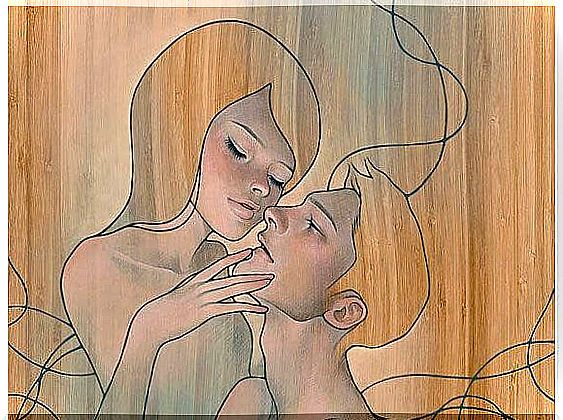

According to several studies, monogamy is not a typical feature of human nature. But quite the opposite: evolution proves that in the early stages of our history, polygamy was the norm. Other mutually exclusive relationships between two people are about the achievement of a long and complex cultural process.
Polygamy, or polygamy, began to be seen as problematic for society as it became more complex over time. However, for a large part of the human population, being with only one partner was not even an option. Today, from a Western perspective, this seems downright absurd.
In any case, we are to some extent clinging to the concept of monogamy. And not only this, but we seek an ideal that we will not give up on: finding someone who is “ours” forever.
Much of the words and promises in the early stages of a relationship are based on this reasoning. “I am yours forever,” “What is between us lasts forever,” etc. Sometimes over time, the relationship develops and the couple learns to create a balance between private and shared spaces.
Sometimes, however, we are unable to detach ourselves from the idea of “owning” another person or the belief that he or she is somehow in our possession. Some go a step further and hope or demand that another person behave as if this is their property. By this we mean that the person in question believes in owning their partner and loses perception of the boundary that separates love from the exploitation of another person.
What you never owned cannot be lost
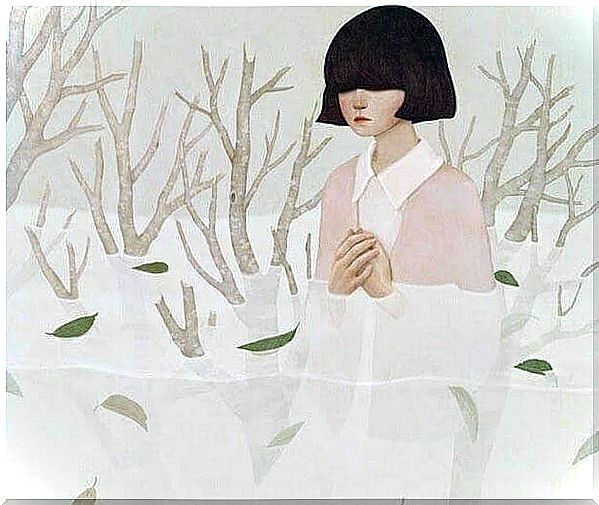

Creating a romantic relationship with another person does not mean that one owns the other. For this reason, it cannot be said that a person “loses” to his partner at the end. What is perceived as a “loss” is rather only a development in a relationship or in hours.
Emotions are not tied to human beings and cast. Actually the opposite; our feelings, our needs, our expectations, and everything that makes up our own inner world are in constant motion . We clearly have a temperament and a character that is more or less permanent, but our perception when confronted with objects of affection or desire is relatively unstable.
Even in the most enduring and intense love of all, this is what happens. We do not love the same person in the same way throughout our existence. Sometimes we love more, sometimes less. Sometimes we don’t love at all and suddenly love starts to reappear, and all this with one and the same person.
If we can’t say we know and fully own even ourselves, then how could we think we own property rights to another person? If we do this, it is because we are trapped in a fantasy created by our own ego and this prevents us from distinguishing between what is ours and what is someone else’s. We end up believing that these are all one and the same.
For this reason, we feel “we are losing something” at the end of the relationship, just as if we “no longer own” something that previously “belonged to us.” We ignore the fact that what really changed are the emotions and gestures that once led to intimacy and now require distance.
The only vacuum that a human being can leave in another is the hope that he will always be present. So what is really lost is the support of that hope, not another person, because no one owns anyone. Therefore, when a situation arises, it should be seen as an internal re-regulation process.
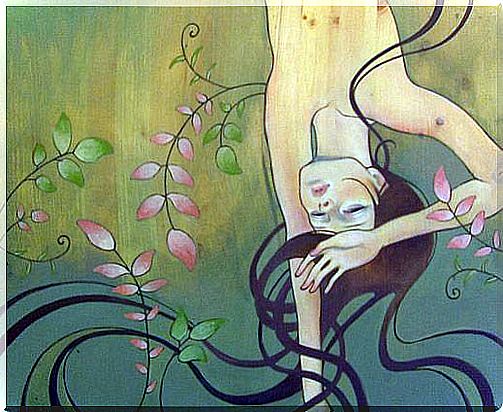
Photos provided by Jung Eun Park and Audrey Kawasakinn

